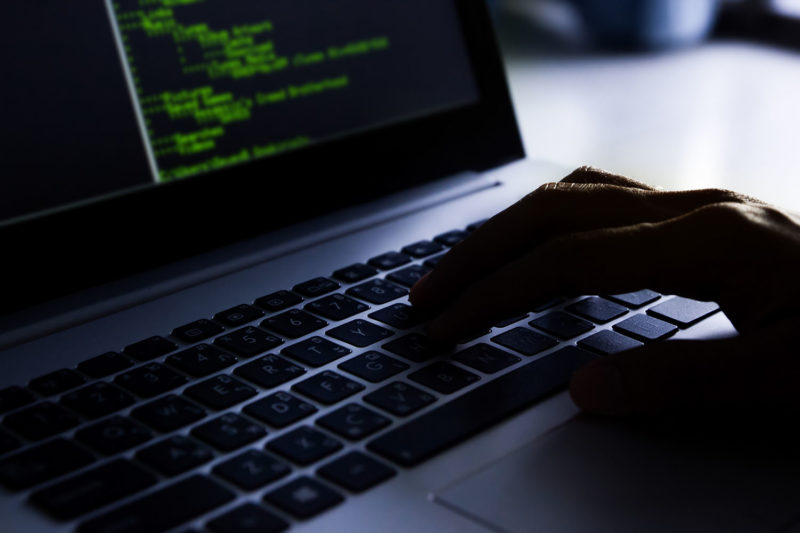

Cybersecurity: bad habits you should avoid
Internet access and the digitisation of services have made it easier for us to perform many everyday tasks that used to require a physical presence. The downside of this technological revolution is the danger of falling victim to cybercriminals. Here are some bad practices you should avoid in order to protect yourself against online fraud.
Not taking passwords seriously
Poor password management can make it much easier for cybercriminals to do their job. Yet many people don’t give them much thought and use very simple passwords to access important services such as online banking. It is important to use strong passwords of more than eight characters containing a combination of uppercase, lowercase, numbers and special characters. In addition, avoid using the same password to access different services and enable two-factor authentication where possible. A password manager will help you manage and remember all your passwords.
Use a public Wi-Fi network
Public Wi-Fi connections are not always properly encrypted, so data sent and received may be unprotected. If you can’t avoid using them, make sure you have a VPN (Virtual Private Network) installed on your device that will help encrypt your communications.
Ignore system updates
Security updates to our devices and applications can be inconvenient, but they are essential to prevent cybercriminals from exploiting system vulnerabilities to gain access to our devices and steal our personal data. Keeping all devices up to date with the latest software versions will protect against known vulnerabilities.
Clicking on any link
Opening suspicious links can install malicious software on your device or take you to phishing pages designed to trick you and obtain your personal information or login credentials. These pages may look authentic but are in fact fake and intended to steal your information. Avoid giving out personal information such as bank account numbers or passwords through emails. A legitimate company will never ask you for personal information or passwords via email or text message.
Not backing up your data regularly
Many devices automatically back up your data to the cloud. This is important because you may lose or not have access to your information and files for various reasons: system infections, malware, or loss of the device. Even so, due to laziness or lack of memory in the devices, we often do not make the necessary backups. Deleting unnecessary files or using an external memory device can help us ensure that we always have a copy of our most important information.
If you want to discover fair insurance for your home and for society, check 11Onze Segurs.
Leave a Reply
You must be logged in to post a comment.





Gràcies!
Gràcies a tu, Joan!!!
👏👏
Gràcies, Daniela!!!
Moltes gràcies pels consells.
Ens alegrem que els trobis útils, Manel!